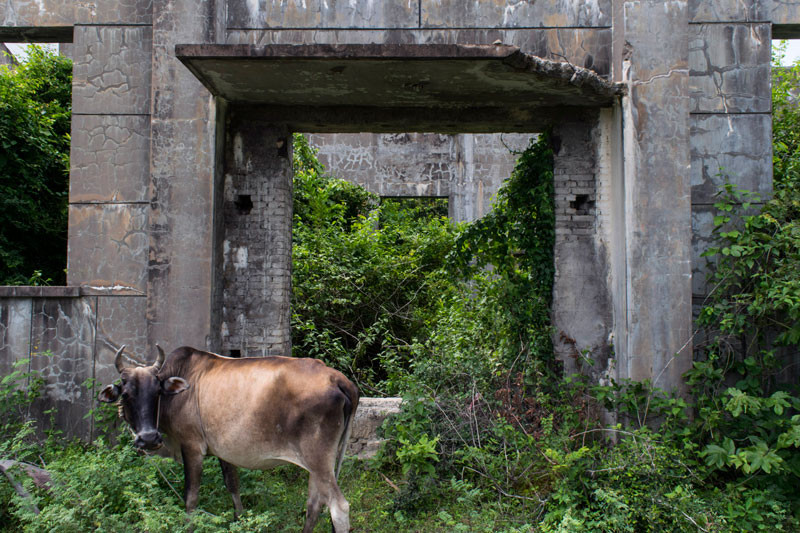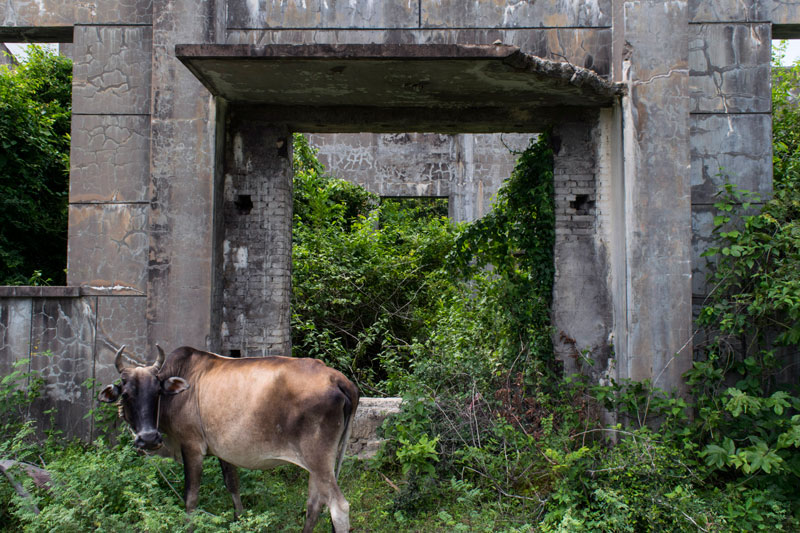After eight years in the works, the Agriculture Ministry on Monday circulated the framework for Cambodia’s first law regulating the quality of domestic and imported meat products and livestock.
The law, signed into effect by King Norodom Sihamoni in January, will serve as the foundation for rules governing the import and export of livestock and meat, veterinary practices to ensure animal health, enforcement of sanitation standards at slaughterhouses and regulation of chemical alterations to meat products.

Alexandre Huynh, a representative of the U.N.’s Food and Agriculture Organization, praised the law as the “first and most important step” toward improving the quality of livestock and meat products in Cambodia.
“For the country and for agriculture, I think it’s really critical, this law,” he said on Monday. “It will open up the door to important investment and the ability to compete locally with imports—to offer this product to consumers and also guarantee the quality.”
During a workshop at the InterContinental hotel in Phnom Penh on Monday, Agriculture Minister Veng Sakhon outlined the law for provincial officials and others, including regulations for meat preservatives.
“Up until now, we have not controlled properly the quality of imported animal meat, especially relating to the import of meatballs,” which often contain chemicals that maintain the appearance of the meat even after it has gone bad, Mr. Sakhon said.
“The Agriculture Ministry has asked the government to budget so that we can establish laboratories at main [border] checkpoints to control and stop the import of spoiled meat,” he said.
In addition, officials from the ministry’s department of animal health and production, which first proposed the law in 2007, will inspect markets across the country to test for harmful chemicals that can be linked to cancer, cardiovascular problems and food poisoning, Mr. Sakhon said.
“These chemical substances affect public health,” he said.
Mr. Huynh said additional legal instructions were needed to ensure that application of the law met the international standards upon which it was based. In the coming days, specific guidelines on issues such as sanitation, food-handling practices and veterinary treatment for livestock will be developed, he said.
According to Khem Vuthy, who works for a company that specializes in veterinary treatment for pigs, poultry and livestock, medical care alone would enhance the livelihoods of Cambodians.
People who eat stricken livestock can can get diseases “such as bird flu or parasites” if animals are not treated, said Mr. Vuthy, a veterinary technique manager for Camvet Farm.




